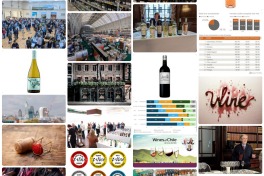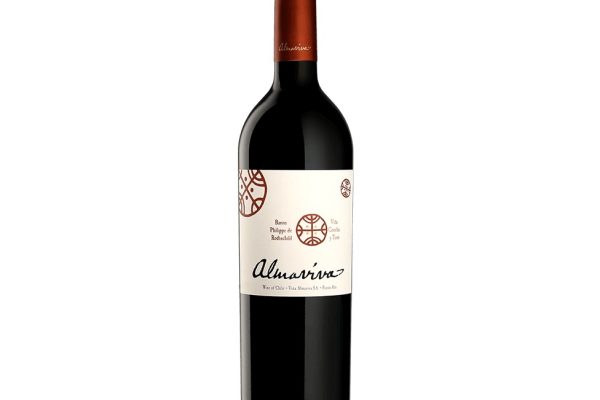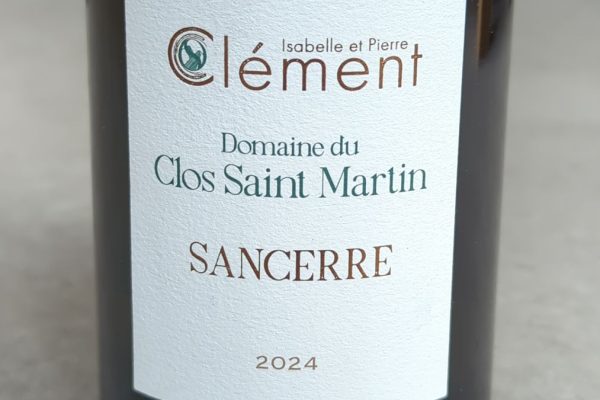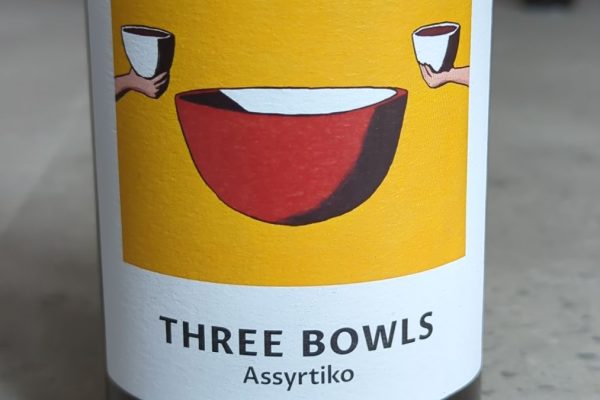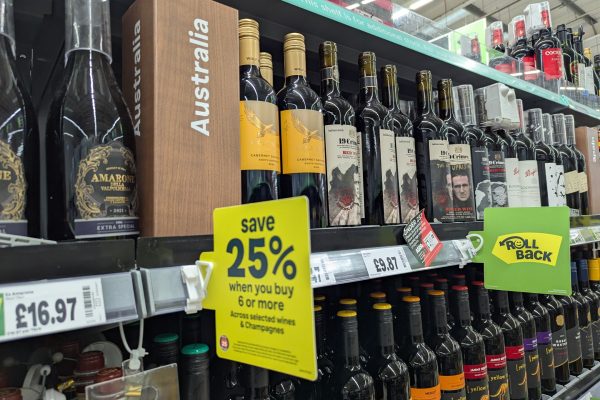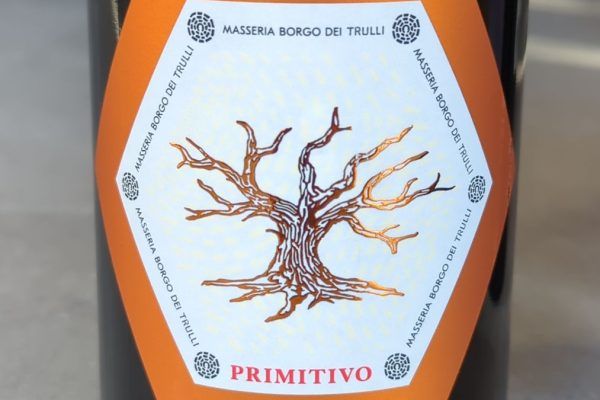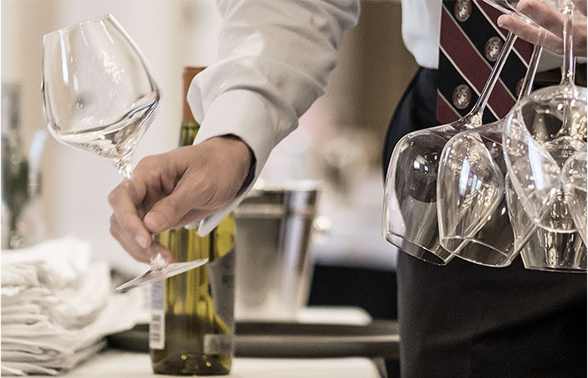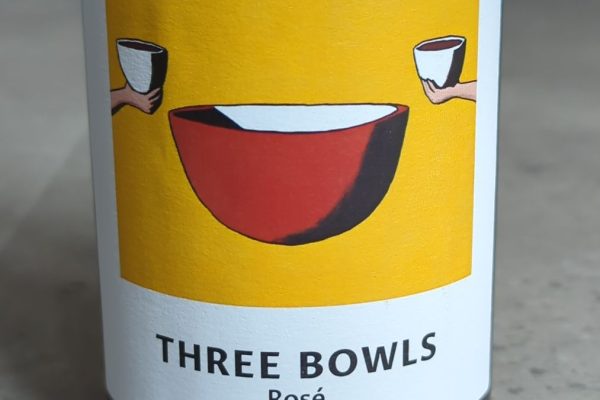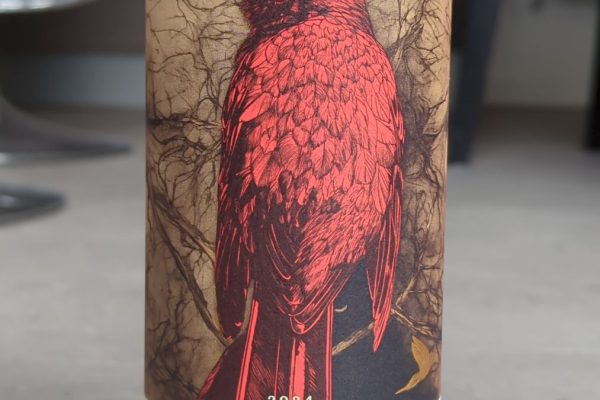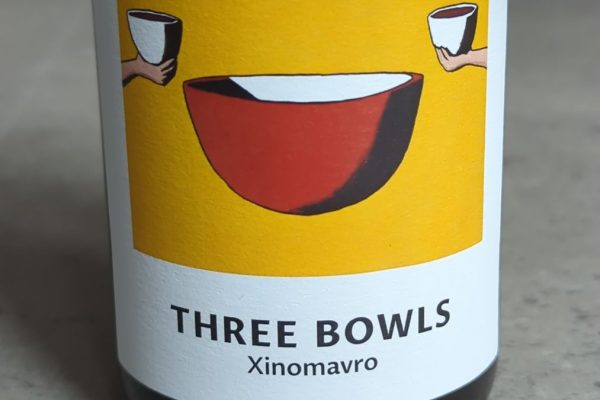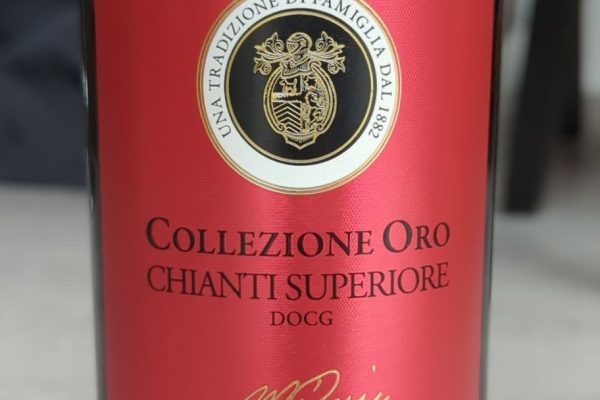
Before I became so deeply involved with wine through this site, I used to rely heavily on awards as a shortcut when choosing new wines. They felt like an easy, reassuring way to make decisions without having to look too deeply into the specifics.
When I began mentioning wine awards more actively on social media in connection with this site, I quickly discovered there’s a significant amount of industry scepticism surrounding them. Much of this comes from the fact that competitions only cover a small fraction of the wines available, so the absence of an award doesn’t necessarily reflect the quality of a wine. It may simply not have been entered. Most consumers aren’t aware of this, and it’s rarely communicated.
Another issue is the inconsistency between competitions. A wine might win gold in one and go completely unrecognised in another. Some awards are seen more as profit-making enterprises than genuine endorsements, with entry fees, sticker costs, providing samples and marketing efforts often outweighing the actual merit of entering. This commercialisation can be off-putting. There’s also valid criticism that these costs can exclude smaller, boutique producers whose wines might be outstanding but are overlooked simply because they can’t afford to participate. As a result, some exceptional wines never get the recognition they deserve.
These thoughts lingered in my mind until, last year, I hosted a wine tasting event that focused on award-winning wines. it turned out to be one of the most successful tastings I’ve run in terms of the taste and reception of the wines. This year, my interest in awards has grown, also partly because of the calibre of judges championing competitions like the International Wine Challenge (IWC), such as Tim Atkin MW, Sam Caporn MW, Oz Clarke, Dr Jamie Goode and Peter McCombie MW.
Now, with a renewed curiosity about award-winning wines, I’m planning to use the quieter summer months of 2025, when press tastings are few and far between, to increase the number of wine reviews I publish. It’s a perfect time to explore and highlight a wider range of wines in more detail. With recent results from The People’s Choice Wine Awards, the London Wine Competition, the International Wine & Spirit Competition (IWSC), and the IWC already out, and Decanter’s World Wine Awards (DWWA) coming up, there’s no shortage of notable bottles to investigate. I have been and will be tagging them Awards25.
It’s also worth noting that wine awards typically target wine in the 95% of the market made up of everyday consumers, rather than the 5% premium segment. Premium wines are more often assessed by individual critics such as Tim Atkin (again, he get’s around!), Jancis Robinson and James Suckling. That said, there is crossover. Awards like those from Decanter and the Global Masters manage to straddle both markets quite effectively. There are also niche recognitions like the Wine Merchant Top 100, which caters to independent retailers and the WineGB Golden 50 Wines List.
Despite the criticisms, awards still serve a purpose. They signal to consumers and trade professionals alike that a wine has been judged independently by experts, boosting its credibility. For producers, having an award sticker on the bottle can significantly improve sales, because consumers often rely on them, just as I once did, as a way to navigate their choices. Award-winning wines are more likely to catch the attention of retailers, be listed by online merchants and be featured on restaurant wine lists. They also benefit from free publicity through media coverage, helping them stand out in an increasingly crowded marketplace.




